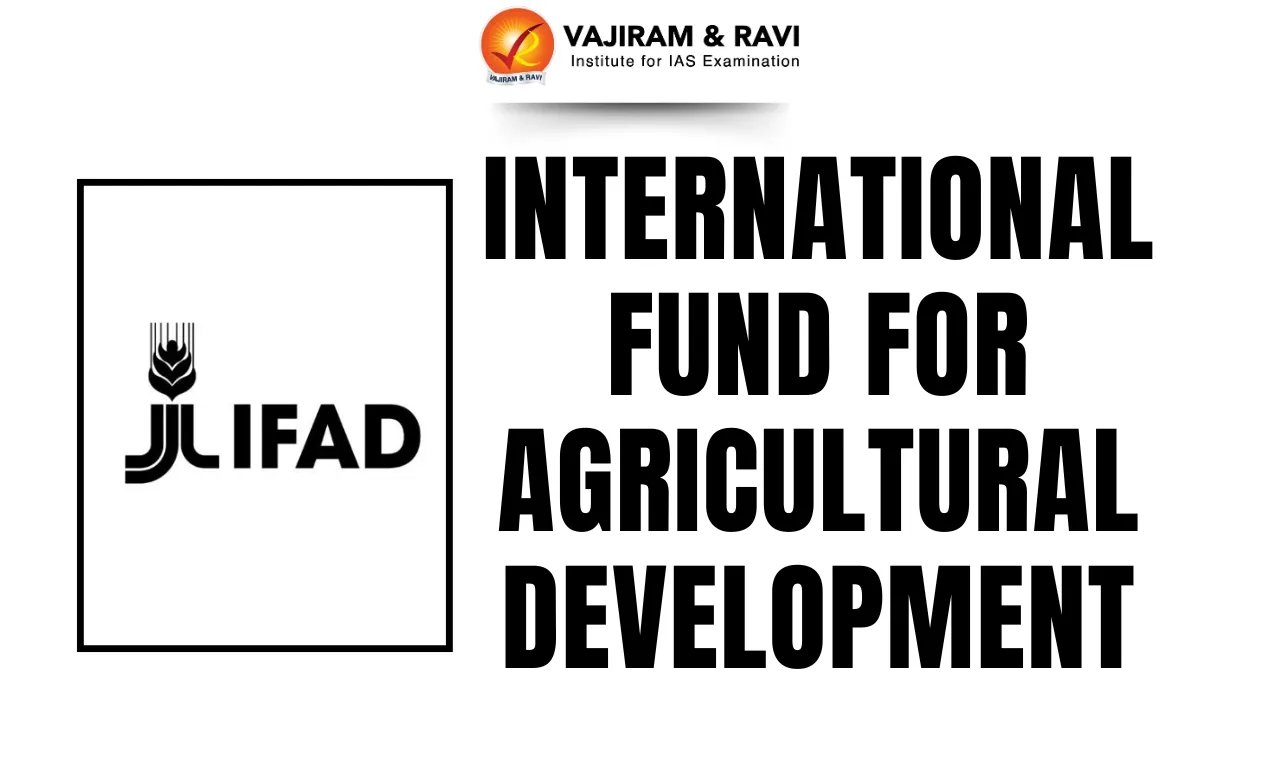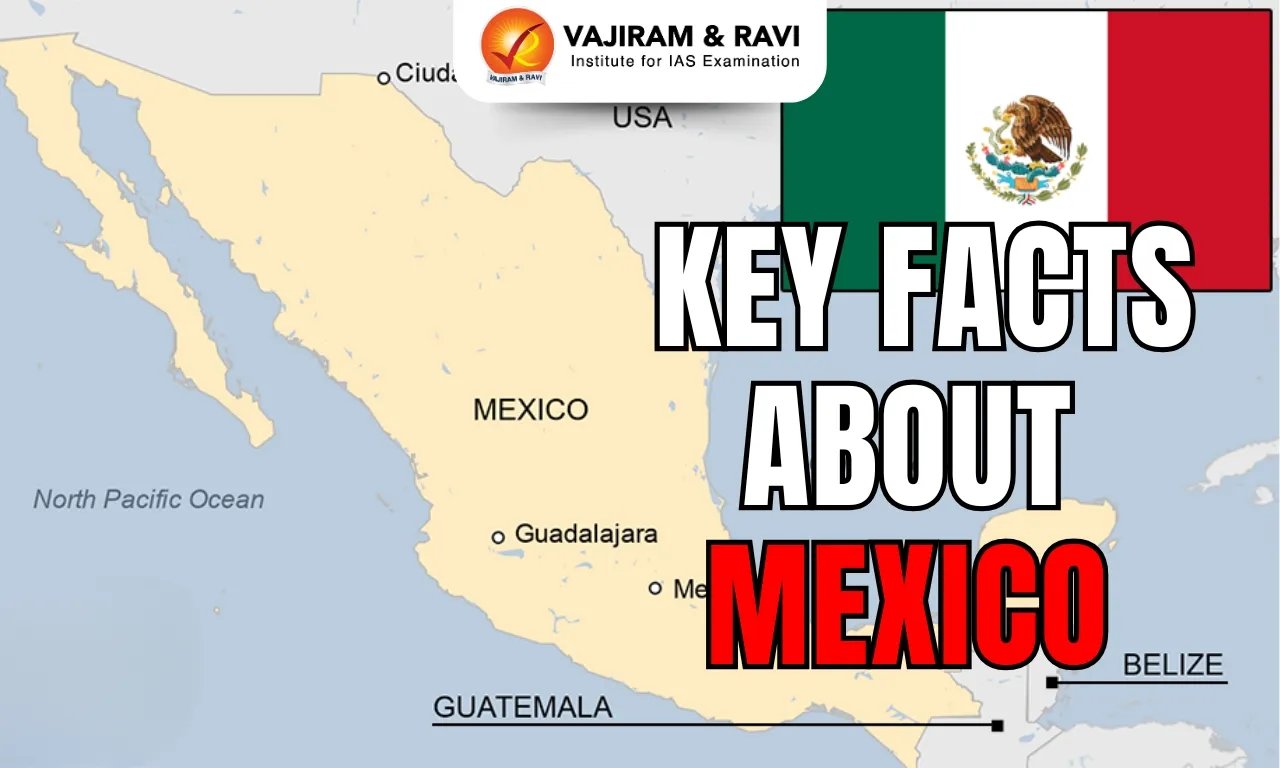International Fund for Agricultural Development Latest News
Recently, the Government of India highlighted the country’s pioneering achievements in rural transformation and development leadership at the International Fund for Agricultural Development – India Day event held in Rome.
About International Fund for Agricultural Development
- It is an international financial institution and a specialized agency of the United Nations.
- It was established as an international financial institution in 1977 through United Nations General Assembly Resolution.
- Objective: It is dedicated to eradicating poverty and hunger in rural areas of developing countries.
- IFAD seeks to empower rural people to increase their food security, improve the nutrition of their families.
- Its projects and programmes are carried out in remote and environmentally fragile locations, including least-developed countries and Small Island developing States.
- It is a member of the United Nations Development Group (UNDP).
- IFAD grants support research, innovation, institutional change, and pro-poor technologies.
- IFAD extends two types of grants, depending on the nature of the innovation and the scope of intervention: global or regional grants and country-specific grants.
- Membership: Currently, IFAD has 180 Member States, including India. (India is a founding member of IFAD).
- Governance: Its Governing Council is the highest decision-making body which meets every three years.
- Headquarter: Rome, Italy.
Source: PIB
Last updated on December, 2025
→ Check out the latest UPSC Syllabus 2026 here.
→ Join Vajiram & Ravi’s Interview Guidance Programme for expert help to crack your final UPSC stage.
→ UPSC Mains Result 2025 is now out.
→ UPSC Notification 2026 is scheduled to be released on January 14, 2026.
→ UPSC Calendar 2026 is released on 15th May, 2025.
→ The UPSC Vacancy 2025 were released 1129, out of which 979 were for UPSC CSE and remaining 150 are for UPSC IFoS.
→ UPSC Prelims 2026 will be conducted on 24th May, 2026 & UPSC Mains 2026 will be conducted on 21st August 2026.
→ The UPSC Selection Process is of 3 stages-Prelims, Mains and Interview.
→ UPSC Result 2024 is released with latest UPSC Marksheet 2024. Check Now!
→ UPSC Prelims Result 2025 is out now for the CSE held on 25 May 2025.
→ UPSC Toppers List 2024 is released now. Shakti Dubey is UPSC AIR 1 2024 Topper.
→ UPSC Prelims Question Paper 2025 and Unofficial Prelims Answer Key 2025 are available now.
→ UPSC Mains Question Paper 2025 is out for Essay, GS 1, 2, 3 & GS 4.
→ UPSC Mains Indian Language Question Paper 2025 is now out.
→ UPSC Mains Optional Question Paper 2025 is now out.
→ Also check Best IAS Coaching in Delhi
International Fund for Agricultural Development FAQs
Q1. What is the primary objective of International Fund for Agricultural Development?+
Q2. Where is IFAD headquartered?+

















